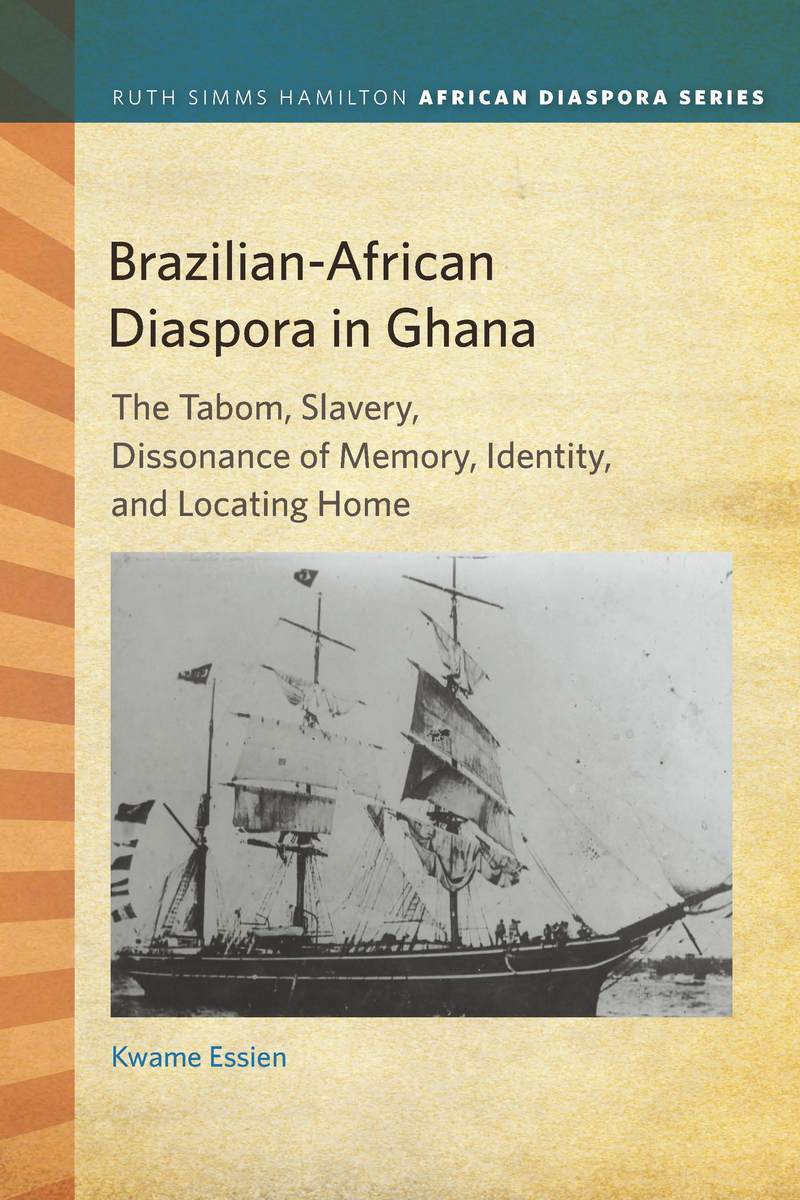Accueil > Actualités ultramarines > Vient de paraître Brazilian-African Diaspora in Ghana The Tabom, Slavery, (...)
Vient de paraître Brazilian-African Diaspora in Ghana The Tabom, Slavery, Dissonance of Memory, Identity, and Locating Home de Kwame Essien aux Michigan State UP
Le 13 novembre 2016 à 16h21
Vient de paraître Brazilian-African Diaspora in Ghana The Tabom, Slavery, Dissonance of Memory, Identity, and Locating Home de Kwame
"Brazilian-African Diaspora in Ghana is a fresh approach, challenging both pre-existing and established notions of the African Diaspora by engaging new regions, conceptualizations, and articulations that move the field forward. This book examines the untold story of freed slaves from Brazil who thrived socially, culturally, and economically despite the challenges they encountered after they settled in Ghana. Kwame Essien goes beyond the one-dimensional approach that only focuses on British abolitionists’ funding of freed slaves’ resettlements in Africa. The new interpretation of reverse migrations examines the paradox of freedom in discussing how emancipated Brazilian-Africans came under threat from British colonial officials who introduced stringent land ordinances that deprived the freed Brazilian- Africans from owning land, particularly “Brazilian land.” Essien considers anew contention between the returnees and other entities that were simultaneously vying for control over social, political, commercial, and religious spaces in Accra and tackles the fluidity of memory and how it continues to shape Ghana’s history. The ongoing search for lost connections with the support of the Brazilian government—inspiring multiple generations of Tabom (offspring of the returnees) to travel across the Atlantic and back, especially in the last decade—illustrates the unending nature of the transatlantic diaspora journey and its impacts."
Kwame


